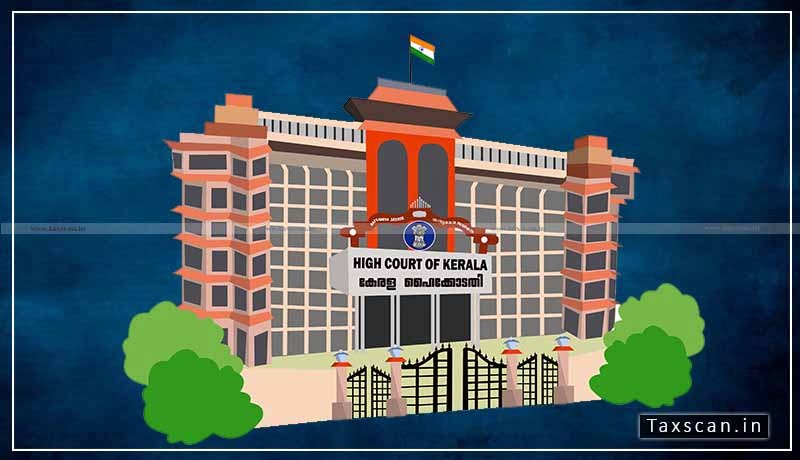Amendments in Companies Act in 2018 regarding Disqualification of Directors are Valid with Retrospective Effect: Kerala HC [Read Judgment]

Directorship – Kerala High Court – Taxscan
Directorship – Kerala High Court – Taxscan
The Kerala High Court, ruled that the amendments made in the Companies Act inserting the provisions mandating Vacation of Directorship are valid and are not retrospectively applicable. The Government, in the year 2018, had disqualified a huge number of persons from the directorship of the Companies to avoid sham Companies.
More than 200 petitions were filed challenging the Sections 164(2)(a) and 167(1)(a) of the Companies Act, 2013 and the disqualification thrust upon the petitioners for acting as Directors of Companies, pursuant to Sections 164 and 167.
Section 167(1)(a) provides that the office of the Director shall become vacant in case he incurs any disqualification specified in Section 164 of the Act. The proviso applies to disqualification under Section 164(2) also. The purpose of Section 167(1)(a) is to bring in a higher degree of responsibility in corporate governance. Proviso is intended to make Directors of defaulting companies to continue to hold office in the defaulting companies, but at the same time to vacate them from the office of Directors in all other Companies.
The petitioners argued that the Act, 2013 has only prospective operation. Therefore Sections 164(2) cannot be applied retrospectively. In other words, only the financial years post April 1, 2014 can be considered to decide whether there is consecutive three years failure in filing Annual Returns or Financial Statements.
When so considered, there cannot be any disqualification of Directors pursuant to Section 164(2), till the year 2017. Any retrospective implementation of Section 164(2) would be ultra vires, it was urged.
As regards retrospective operation of Sections 164 and 167, the counsel for the petitioners argued that Section 164(2)(a) would apply only prospectively. The respondents therefore cannot take into consideration any period anterior to 01.04.2014 for determining default for three consecutive years.
While relying on the judgment of the Apex Court in Sajjan Singh v. State of Punjab [AIR 1964 SC 464], the counsel urged that when an act or conduct is made subject to penalty for the first time, then, only those acts / conduct subsequent to the enactment/amendment can be taken into account.
The Single Judge Bench of Justice N.Nagaresh held that the provisos inserted below Section 164(2) and Section 167(1)(a) of the Act, 2013 by the Companies (Amendment) Act, 2017 with effect from May 7, 2018 are constitutionally valid and the same being clarificatory in nature, would apply retrospectively. However, the words “in all the companies” appearing in the proviso to Section 167(1)(a) will have only prospective operation.
The case of as many as 200 petitioners was represented by Advocate Navod Prasannan Pattali, Advocate Shameem Ahmed, Advocate Mohan Pulickkal, Advocate Sukumar Nainan Oommen, Advocate Sherry Samuel Oommen, Advocate Ramola Nayanpalli and Advocate M.N. Manmadan represented the Union of India and other respondents.
To Read the full text of the Order CLICK HERE
Support our journalism by subscribing to Taxscan AdFree. Follow us on Telegram for quick updates.


